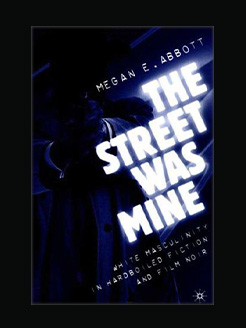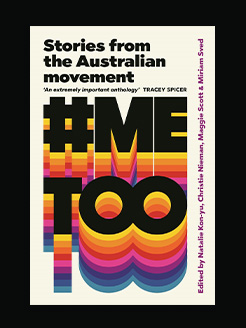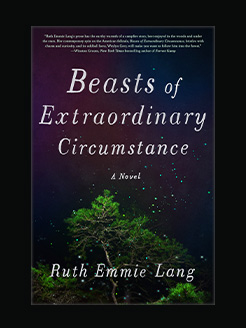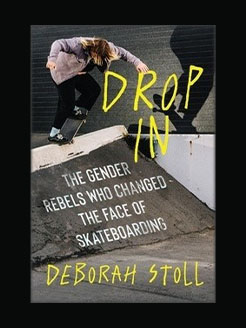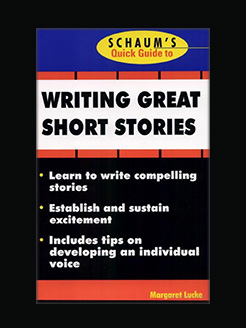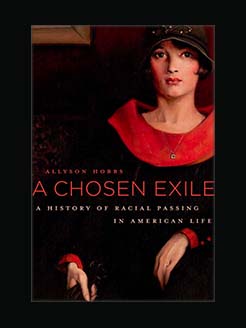Published in 2024
409 pages
12 hours and 53 minutes
Leslie T. Chang has written about women in the developing world for two decades. Her book Factory Girls was named a New York Times Notable Book and has been translated into ten languages. Chang is a recipient of the PEN USA Literary Award, the Asian American Literary Award, the Tiziano Terzani International Literary Prize, the Quality Paperback Book Club New Visions Award, and the Alicia Patterson Foundation Fellowship. From 2011 to 2016, Chang lived and worked in Cairo, Egypt. Prior to that, Chang worked in China as a correspondent for The Wall Street Journal. She has also written for The New Yorker, The New York Review of Books, and National Geographic. She lives in southwestern Colorado.
What is this book about?
An incisive exploration of women and work, showing how globalization’s promise of liberation instead set the stage for repression—from the acclaimed author of Factory Girls
“Vividly rendered . . . Chang brings us into living rooms and onto assembly lines with female characters as captivating as they are complex. . . . [She] blazingly captures all that chaos and personality.”—The New York Times Book Review (Editors’ Choice)
What happens to the women who choose to work in a country struggling to reconcile a traditional culture with the demands of globalization? In this sharply drawn portrait of Egyptian society—deepened by two years of immersive reporting—Leslie T. Chang follows three women as they persevere in a country that throws up obstacles to their progress at every step, from dramatic swings in economic policy to conservative marriage expectations and a failing education system.
Working in Egypt’s centuries-old textile industry, Riham is a shrewd businesswoman who nevertheless struggles to attract workers to her garment factory and to compete in the global marketplace. Rania, who works on a factory assembly line, attempts to climb to a management rank but is held back by conflicts with co-workers and the humiliation of an unhappy marriage. Her colleague Doaa, meanwhile, pursues an education and independence but sacrifices access to her own children in order to get a divorce.
Alongside these stories, Chang shares her own experiences living and working in Egypt for five years, seeing through her own eyes the risks and prejudices that working women continue to face. She also weaves in the history of Egypt’s vaunted textile industry, its colonization and independence, a century of political upheaval, and the history of Islam in Egypt, all of which shaped the country as it is today and the choices available to Riham, Rania, and Doaa. Following each woman’s story from home and work, Chang powerfully observes the near-impossible balancing act that Egyptian women strike every day.
